Primary health services unavailable in evenings
Almost no consultants, dispensaries cater to emergency healthcare needs of low-income patients after sunset
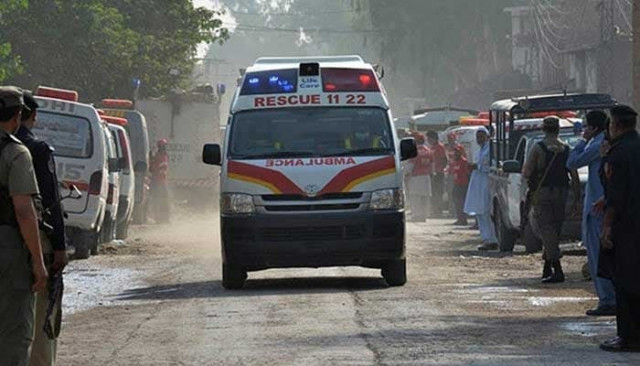
While official work, academic lessons, and commercial activities are organized around the clock, a healthcare emergency follows no circadian rhythm; therefore, when doctors and pharmacists start heading home after sunset, millions of low-income locals in the port city are left suffering all through the night.
For instance, Shahida, a patient from Korangi, whose son works as a biscuit seller, revealed that the outpatient department at the nearby government hospital in her area was non-functional during the evening hours. “I had to seek medical help for a gastrointestinal disease. Since no medical help was available after sunset in my area, I had to finally go to a private hospital when all my home remedies had failed,” shared Shahida, who had to borrow thousands of rupees for her three-day treatment.
Similarly, Abdullah, a daily-wager from Jacob Lines, who works for Rs800 per day, had to buy medicines for a fever late at night but could not find any open dispensary. “There is no government dispensary operating at Jacob Lines during the night hours therefore I had to seek help at a private medical centre,” lamented Abdullah, who too ended up spending his entire income for two days on his treatment.
“Despite Karachi being home to a population of 30 million people, only 10 percent of a total of 225 healthcare centres and dispensaries are open during the evening hours from Kemari to Kathore. As a result, citizens have no state-owned healthcare facilities to turn to for seeking treatment for minor ailments like the cold, flu, fever, and infections and pain affecting the nose, ear, throat, eyes and other parts of the body,” said Dr Akram Sultan, a healthcare expert.
Qazi Saddaruddin, a health activist, further revealed that no specialist doctors, surgeons, and physicians were available during the night hours across government hospitals and dispensaries in Karachi.
“These medical specialists only provide services in private hospitals and clinics at night. Even during the morning shift, specialists are unavailable at government facilities and patients are treated by junior doctors. Furthermore, X-ray, laboratory, and other diagnostic facilities are also missing in most primary health centres not only at night but also during the day,” regretted Saddaruddin.
“The tragedy of Karachi is that it is extremely difficult for locals to seek treatment at government healthcare centres during the evening and night hours. In recent times, every other person is suffering from some illness or the other be it dengue, malaria, diarrhoea, respiratory problems, allergies, eye disease, or fever. Most people go to private clinics and hospitals in the evening hours due to the limited health facilities at the government level,” said Muhammad Tanveer, a local social worker.
“Patients are already overburdened due to inflation. Now, they have to bear additional charges of doctors and costs of medicines,” bemoaned Muhammad Salim, in charge of a medical store, who felt that if dispensaries and general physicians started offering their services in the evening, people could receive treatment for minor ailments at the primary level and the crowd at the OPD’s of big hospitals in the morning will be reduced.
In fact, sources from the Civil, Jinnah, and Abbassi Shaheed hospitals indicate that almost 500 patients visit the OPD’s of the three major government hospitals on a daily basis seeking treatment for minor illnesses including fever, cold, and cough.
In an attempt to inquire further on the matter, the Express Tribune contacted Dr Saqib Sheikh, Acting Director Health Karachi Division several times but he failed to respond.

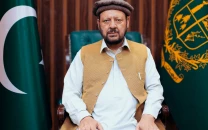
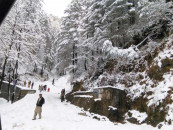

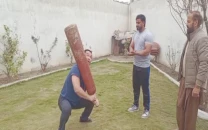
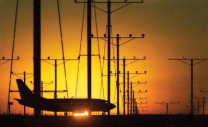
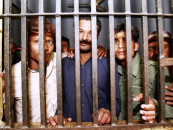












COMMENTS
Comments are moderated and generally will be posted if they are on-topic and not abusive.
For more information, please see our Comments FAQ